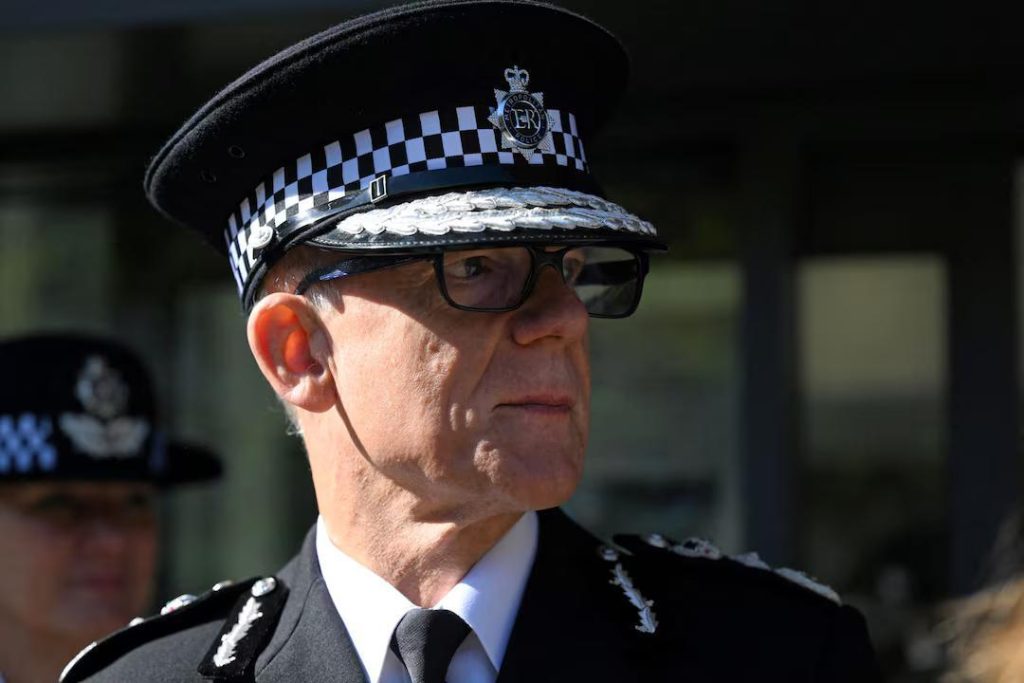
Absurd I can’t sack officers accused of rape: UK’s top policeman after HC order
In a shocking development, the Commissioner of London’s Metropolitan Police Service, Mark Rowley, has expressed his frustration and disappointment over a recent High Court ruling that prevents the dismissal of serving police officers accused of serious crimes, including rape. According to the ruling, officers cannot be fired by revoking their vetting clearance, even if they have been accused of such heinous crimes.
The decision has left Mr. Rowley, who is the highest-ranking police officer in the UK, feeling helpless and “absurd”. In an interview with Reuters, he expressed his disappointment and frustration, stating that the ruling “has left policing in a hopeless position”. He emphasized that it is “absurd” that the police force is unable to take action against officers accused of such serious crimes.
The High Court ruling in question was made in response to a case brought by a serving police officer who had been accused of rape and was subsequently cleared of the charges. The officer, who was deemed unfit to continue serving as a police officer due to his alleged behavior, appealed the decision to revoke his vetting clearance, citing the police force’s own policies and procedures.
The court ultimately ruled in favor of the officer, stating that the decision to revoke his vetting clearance was unlawful and that the police force had failed to follow its own procedures. The ruling effectively prevents the police force from dismissing the officer, even if he has been accused of serious crimes.
Mr. Rowley expressed his concerns over the implications of the ruling, stating that it creates a sense of impunity among serving police officers. He emphasized that it is essential for the police force to be able to take action against officers accused of serious crimes, in order to maintain public trust and confidence.
The controversy surrounding the ruling has sparked a heated debate over the issue of police accountability and the vetting process. Critics argue that the ruling undermines the police force’s ability to hold officers accountable for their actions, while supporters argue that it is essential to protect the rights of accused officers and ensure that they are treated fairly and without bias.
The incident has also raised questions over the vetting process itself, which is designed to ensure that officers are fit to serve and are not a risk to the public or their colleagues. Critics argue that the process is flawed and that it is too easy for officers to be cleared of serious allegations, even if there is evidence to suggest that they are guilty.
In response to the controversy, the UK government has announced plans to review the vetting process and to strengthen the measures in place to hold officers accountable for their actions. The government has also promised to provide greater support and resources to victims of police misconduct and to ensure that they are treated with dignity and respect.
In the meantime, Mr. Rowley and the Metropolitan Police Service are left to grapple with the implications of the High Court ruling. The decision has left the police force feeling helpless and “absurd”, and has raised serious questions over the ability of the force to hold officers accountable for their actions.
As the debate over the ruling continues to rage, it is clear that the issue of police accountability and the vetting process will be a major focus for the UK government and the police force in the coming months. The decision has left many wondering whether the police force is truly capable of holding officers accountable for their actions, and whether the vetting process is fit for purpose.
Source:






